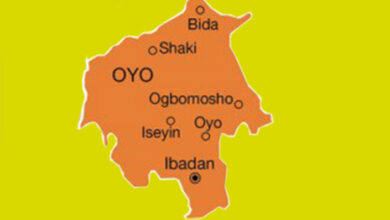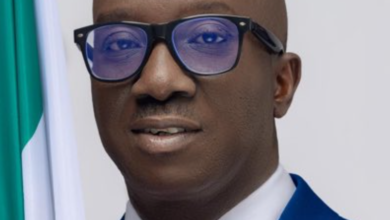Passengers Protest As E-Hailing Fares Surge

Bolt’s recent fare increase has stirred opposition from Nigerian drivers, who claim the change is negatively affecting their earnings as they struggle with low patronage. Passengers are also expressing frustration, stating that e-hailing services have become too costly for many, reports Princess Etuk.
Bolt, like other e-hailing platforms, has thrived by offering an alternative to Nigeria’s underdeveloped public transport system, particularly in urban centers. However, with rising fuel prices, particularly the surge in petrol costs to as high as N1,000 per litre, Bolt announced a fare hike starting in Abuja and likely extending to Lagos. The increase includes raising the minimum fare, start fee, and cost per kilometre.
Drivers like Daniel Simon argue that while passengers will pay more, the earnings for drivers remain slim after factoring in operational costs and Bolt’s commission. Simon expressed that the company’s emphasis on passenger affordability often leaves drivers financially strained, with little to take home after paying for fuel and other expenses.
Another driver, Maurice Michael, acknowledged the necessity of fare increases but pointed out the dilemma. Higher fares may help drivers cover costs but could deter passengers from using the service, leading to fewer rides in the long run. While some drivers, like Alex Ojukwu, view the fare hike as essential to sustaining operations amidst rising fuel prices, others remain concerned about its potential to reduce demand.
Passengers are equally discontent. Miriam Musa, a regular user, lamented that the fare increase is adding to the already heavy financial burden of living in Nigeria, making everyday commuting increasingly unaffordable. Other passengers, like Chucks Mark, urged Bolt to find alternatives to fare hikes, such as reducing driver commission or offering bonuses during peak hours, so that drivers can still earn without passing the cost onto customers.
Bolt, in defense of the fare adjustment, stated that it was essential to ensure that drivers could maintain profitability amidst Nigeria’s economic challenges, particularly rising fuel prices. The company reassured users that it had not increased its commission rates and that the fare changes were meant to support drivers without disproportionately impacting riders. Nonetheless, the fare hike has drawn mixed reactions, with drivers and passengers both concerned about its broader implications.



